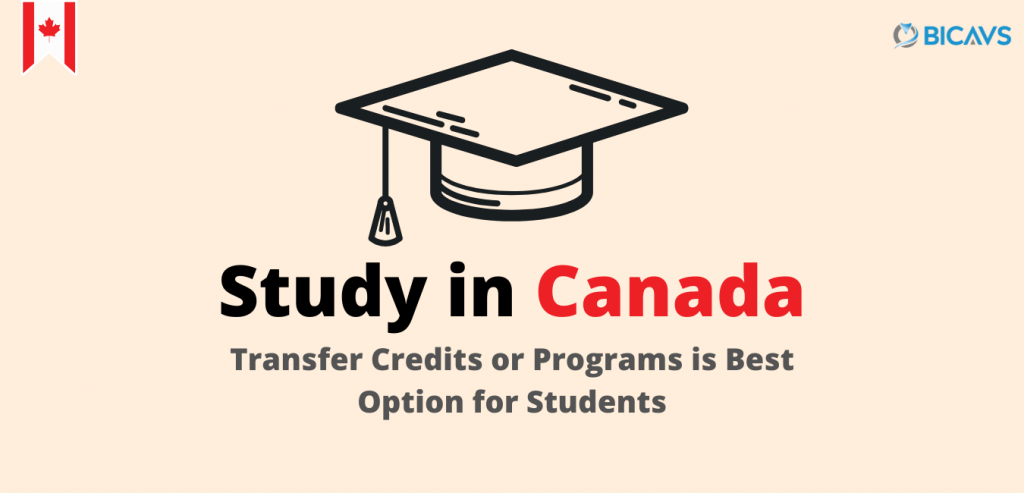University Transfer Programs in Canada
A university transfer program, broadly speaking, is when a student begins studying at one institution and finishes at another.
Students choose these pathways for many reasons; some to save money or to stay close to home, while others because of university entrance requirements. Still, others are looking for smaller class sizes or particular sports. Whichever reason students choose, transfer programs can provide unique opportunities for advancement.
College – University Programs
For many international students, beginning at a college and finishing at a university is a strategic choice, as most Canadian colleges offer:
- more affordable tuition;
- smaller class sizes;
- more relaxed entrance requirements; and
- flexible start dates.
Additionally, colleges focus on ‘hands-on learning, allowing students to gain practical experience and complement the academic program typically supplied by the university. For those that are looking for multiple degrees, certificates, or diplomas, this may be a practical choice.
Important: most receiving universities require the last two years of the program to complete on their campuses to be granted a degree.
University – University Programs
There may be cases where students need – or choose – to transfer between universities. These include moving between places, looking for a different program or a better fit, or because a direct admission into a competitive program at the first-year level was not previously possible. In any case, the rules for transferring between universities vary, and it’s important to check exactly what’s involved.
Important: most receiving universities require the last two years of the program to complete on their campuses to be granted a degree.
Specific Provincial Programs
Some provinces have created very well-developed and cooperative transfer systems where students can move between schools easily. In British Columbia’s transfer system, for example, there are 40 participating schools. The system includes all the major research universities, most private degree-granting institutions, and smaller colleges. Other provinces are trying to establish similar protocols and those with existing programs including Alberta and Ontario.
2+2 Model
The common model, popularized by American and Canadian colleges in the 1960s, involves two years of full-time study at a college, followed by two years at a university. Receiving schools will not take more than two years’ credit for transfer.
1+3 Model
This model involves one year of full-time study at a college, followed by three years at a university. Receiving schools will not take less than one year’s credit for transfer.
Block Transfers
Many receiving institutions will accept course credit in the form of a completed diploma or degree. This gives the school less discretion in choosing which courses to give credit.
Common Scenarios and Questions
I want to immigrate to Canada; will a transfer program help me?
It may. Several residency programs value the completion of a two-year degree from a college. In the past, students have completed a two-year Associate Degree or Diploma, begun working and used the combination of that education and work experience to qualify for immigration. For students who then transfer to a third-year university as a permanent residents, they can get a significant reduction of fees.
The admissions standards at my target school are very high. Is there any advantage to seeking a second- or third-year entry to this school, say, from a college or another university with lower requirements?
Yes. Most receiving schools’ 2nd and 3rd-year admissions’ requirements are significantly lower. Similarly, when transferring, you often do not need to submit language test results as the sending institution already admitted you based on your academic and linguistic profile.








